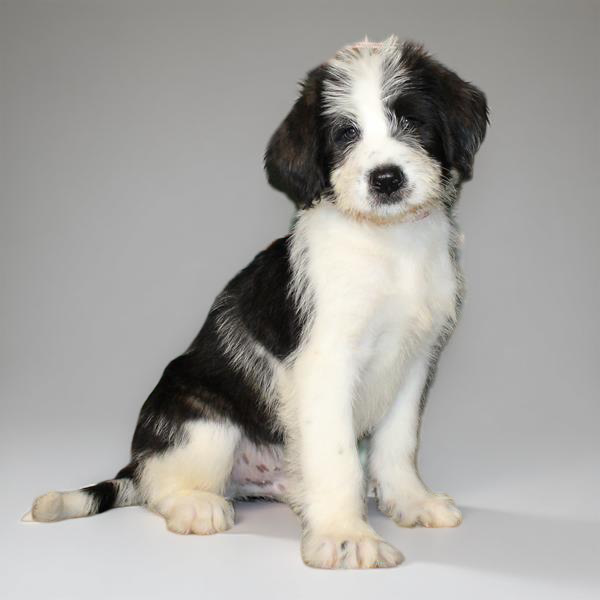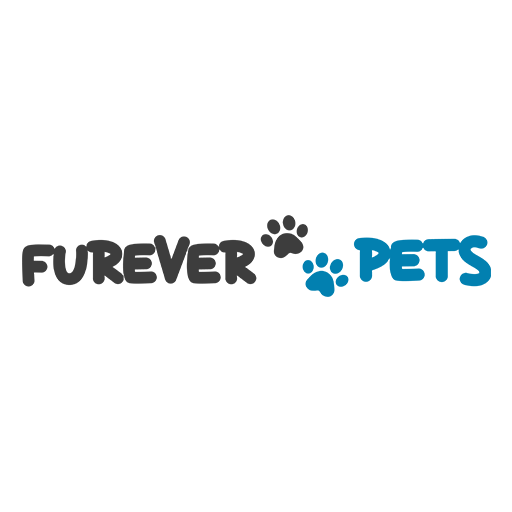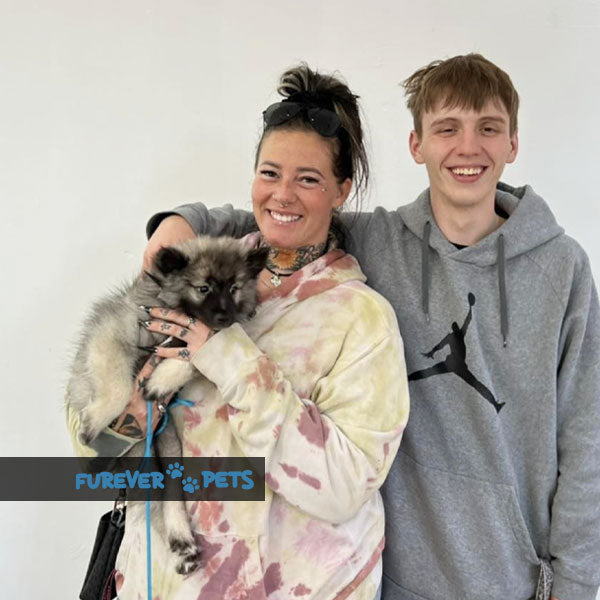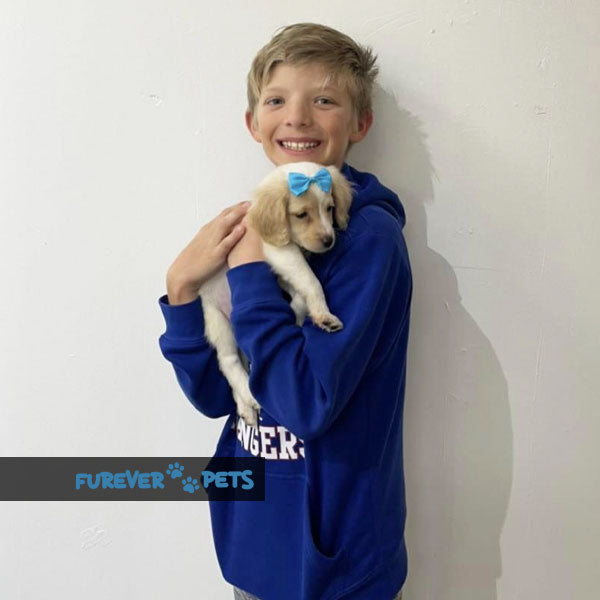
Poodle/Akita 2462 Boy
Breed Overview
A Poodle/Akita mix is a rare designer hybrid that combines the intelligence, elegance, and hypoallergenic potential of the Poodle with the strength, loyalty, and protective nature of the Akita. The result is a unique dog that can vary widely in size, appearance, and personality, depending on whether the Poodle parent is a Standard, Miniature, or Toy (though most often it’s a Standard Poodle).
Appearance
- Size: Typically medium to large (45–90 lbs), though size depends on Poodle variety.
- Coat: Can range from thick and curly (Poodle influence) to dense and straight (Akita influence), or somewhere in between.
- Colors: Black, white, cream, gray, brown, red, or even brindle—often with mixed or patchy markings.
- Build: Strong, athletic frame with a proud stance; may have the Akita’s curled tail or the Poodle’s refined structure.
Temperament
- Loyal & Protective: The Akita side brings strong devotion to family and natural guarding instincts.
- Intelligent & Trainable: Inherited from the Poodle, making them quick learners.
- Independent but Affectionate: Can enjoy alone time but thrives on companionship.
- Reserved with Strangers: May be cautious at first, but usually warms up with proper socialization.
Energy & Exercise Needs
- Activity Level: Moderate to high; needs daily exercise for both body and mind.
- Ideal Activities: Long walks, play sessions, agility, obedience work, and puzzle games.
- Suitability: Best in a home with space to move—thrives in houses with yards.
Grooming
- Coat Care: Moderate to high maintenance depending on coat type. Curly coats require regular brushing and professional grooming; straighter coats shed more and need weekly brushing.
- Shedding: Varies—could be low (more Poodle) or heavy seasonal shedding (more Akita).
- Maintenance: Routine bathing, nail trimming, and ear cleaning are important.
Health
- Potential Concerns: Hip dysplasia, progressive retinal atrophy, hypothyroidism, and bloat.
- Life Expectancy: Around 10–14 years.
- Vet Care: Regular checkups, joint health support, and weight management are key.
Training
- Intelligence: Very high, but Akita independence can make them stubborn.
- Approach: Firm, consistent, and positive training methods work best.
- Focus Areas: Early socialization, recall, and leash manners.
Ideal For
- Experienced dog owners familiar with intelligent, strong-willed breeds.
- Active households looking for a loyal family protector.
- Owners willing to invest in training, socialization, and grooming.








